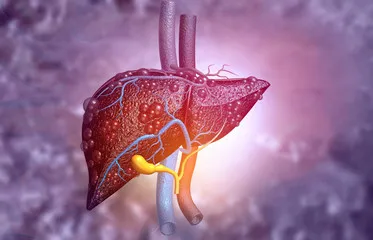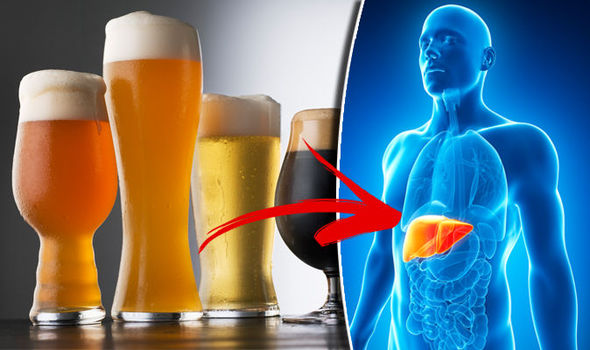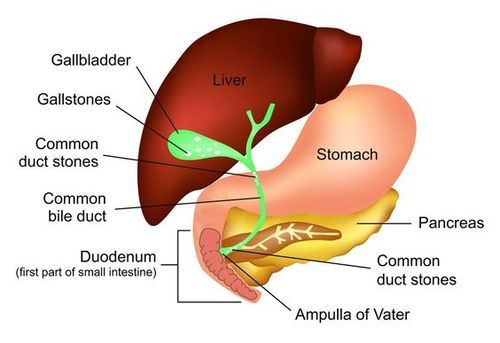Organ transplantation can save lives, especially in cases where the organ is complex, such as the liver.
When a person’s liver is damaged due to end-stage liver disease (chronic liver failure), they need a liver transplant. This is a major, life-threatening liver illness that can be caused by various disorders in the liver.
Cirrhosis is a common cause of end-stage liver disease, and it necessitates liver transplantation in many patients. The diseased liver is replaced with a healthy liver from another person, referred to as the donor. In this procedure, complete liver or a portion of the liver can be replaced depending on the situation.
The liver is responsible for filtering blood and removing toxins from the body. Therefore, it is well recognized that having a healthy liver is necessary for longevity. It is also critical to provide the best possible care to someone who is having a liver transplant. Don’t panic if one of your parents has to consider a liver transplant; we have got you covered.
Dr. Gaurav Gupta is one of the finest surgeons, specializing in liver and pancreas transplants. He has over 500 liver transplant surgeries to his credit with an excellent success rate.
With a career spanning over a decade and a half, be rest assured that your parent is in the care of excellent hands and a brilliant surgeon.
Here are a few tips that you must keep in mind if your parent is undergoing a liver transplant:
1 . Maintain a positive attitude:
Since your parent has to undergo a transplant, you may feel overwhelmed. However, it is preferable to be optimistic and believe that he or she will be alright and return to their regular schedule shortly. Keep a positive attitude for the sake of your parents.
Don’t be pessimistic or overly concerned about potential issues. If your parents notice you are worried, they may become apprehensive, upset, disturbed, annoyed, frustrated, and worried. You should not become stressed or sad, nor should you be concerned about the result of a liver transplant.
2. Try to stick to a schedule:
Be organized and give him or her medicine on time. Talk to them about their obstacles and difficulties, and schedule regular check-ups and follow-ups with the doctors. Allowing your parent to skip medication is not a good idea. Instead of ignoring any unusual symptoms, report them to your doctor right away.
Allowing your parent to go out too frequently may put him or her in danger of infection. Make sure your parent is not in the company of sick people. You will also need to keep up with your personal hygiene at home. Make sure your parent stays in a healthy weight range.
3. Assist your parent in recovering from a transplant:
Make the healing process go as smoothly as possible by encouraging your parent to live a healthy lifestyle and assuring him or her that you will look after him or her. When it comes to your parent’s health, you should ALWAYS be proactive. If necessary, seek the assistance of a support group to educate yourself and learn about the experiences of others.
4. Look after yourself:
Caring for a sick person can be exhausting, and you may find yourself emotionally and physically exhausted. You must take frequent breaks and spend some ME time for yourself. If necessary, take the assistance of your friends and other family members. It will undoubtedly make a difference if you do so.
Organ donation can save many lives. One liver can save two lives. This is called split organ donation, where the liver from one dead donor is taken and split into two parts to donate to two people.
Since the liver is an organ that can regenerate, two recipients are given a transplant from one donor.
You and others close to you would have experienced what it is like to hang in there while waiting for an organ from a donor. We take this opportunity to urge you and others close to you and the readers to volunteer for organ donation. Remember, one life can save many.
Someone somewhere is waiting for the gift of life.





